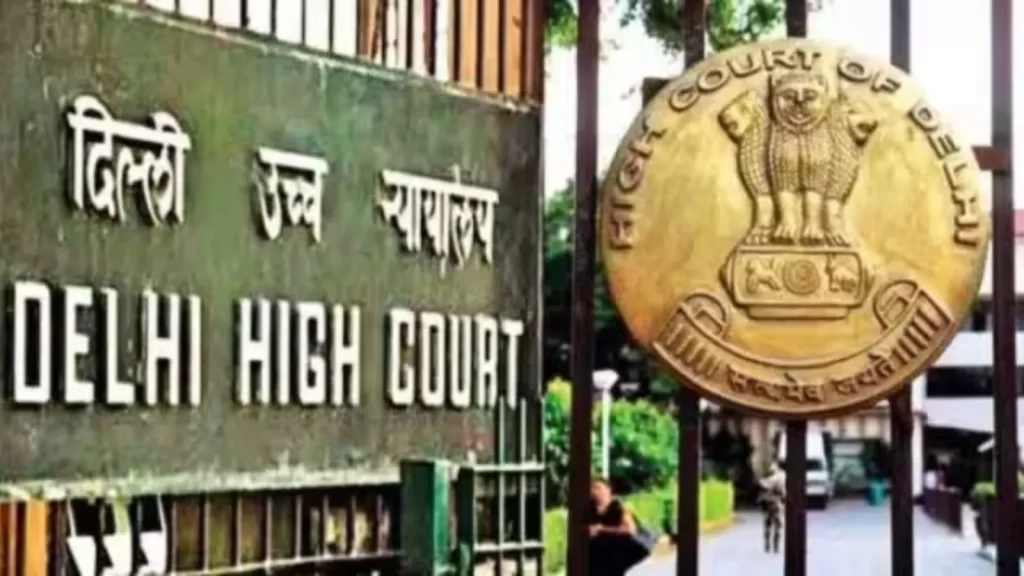Rehan Khan
The Delhi High Court has recently ruled that an alleged adulterer is neither a necessary nor a proper party in a divorce petition. The court stated that it is not mandatory to hear from the alleged adulterer before deciding on a divorce case involving only the husband and wife.
The Division Bench, comprising Justices Rajiv Shakdher and Amit Bansal, emphasized that a divorce petition primarily concerns the couple involved in the marriage. They noted that a third party, who does not claim to be a spouse, lacks the standing to intervene or be impleaded in such a case. “The alleged adulterer is, to our minds, not a necessary party as a decree can be passed in his/her absence. Likewise, the adulterer is not a proper party since the issue concerning adultery can be adjudicated without making the adulterer a party to the cause. Proof of adultery need not be conflated with who should be arrayed as a party to a divorce action,” the Court observed.
Advocates Prateek Goswami, Dhiraj Goswami, and Shashank Goswami represented the appellant wife, while no representation appeared for the petitioner.
The Bench clarified that an alleged adulterer can be called as a witness or other evidence can be presented to prove adultery, but their direct involvement in the proceedings as a party is not necessary. This ruling came during the court’s consideration of an appeal filed by a woman who contested the family court’s decision to reject her request to dismiss her husband’s divorce petition. The petition was based on three grounds: cruelty, adultery, and desertion. The wife argued that the allegations of desertion were baseless and that the alleged adulterer had not been included as a party in the case.
Upon reviewing the arguments, the Bench concluded that contradictory claims regarding adultery alone were insufficient to summarily dismiss the divorce petition. The Court also noted that the wife did not contest the cruelty allegations mentioned in her husband’s petition. “Thus, given the fact that allegations concerning cruelty are embedded in the divorce action, the petition cannot be rejected in a piecemeal manner upon an application being moved under Order VII Rule 11 of CPC,” the Court stated.
As a result, the appeal was rejected by the Court.
Bench: Justic Rajiv Shakder, Justice Amit Bansal

